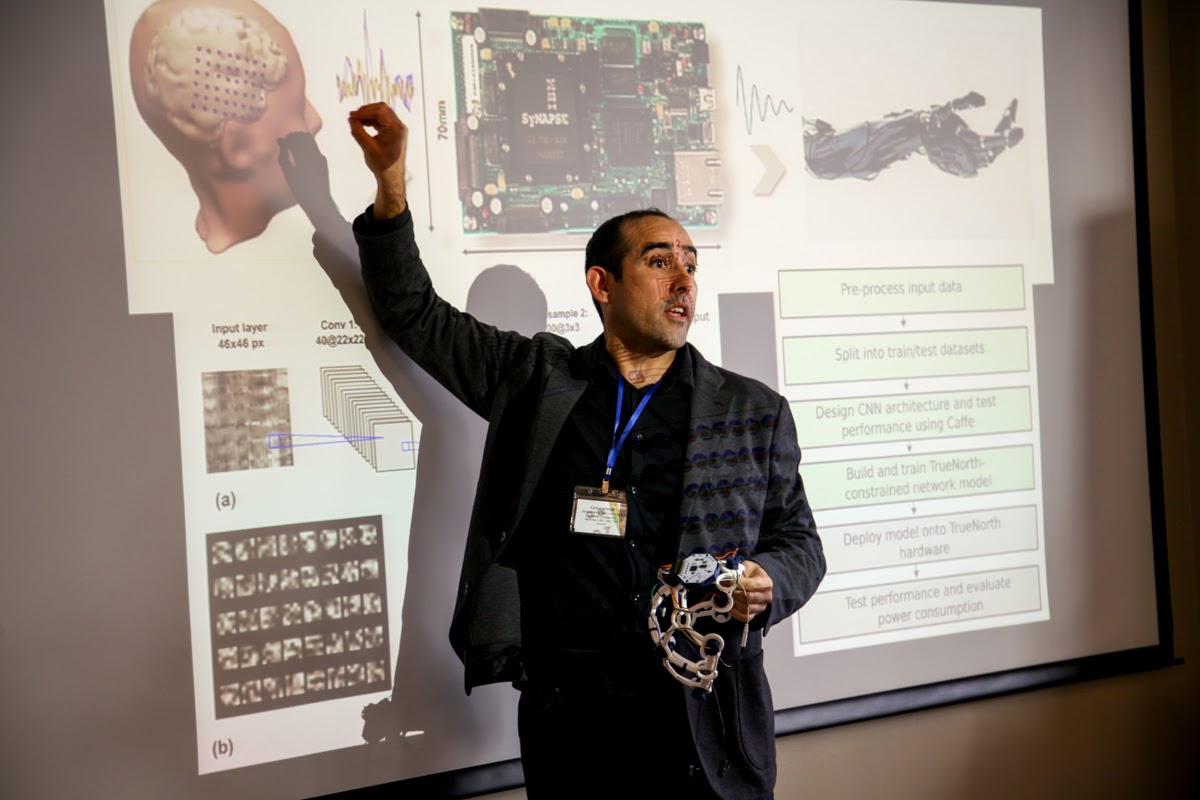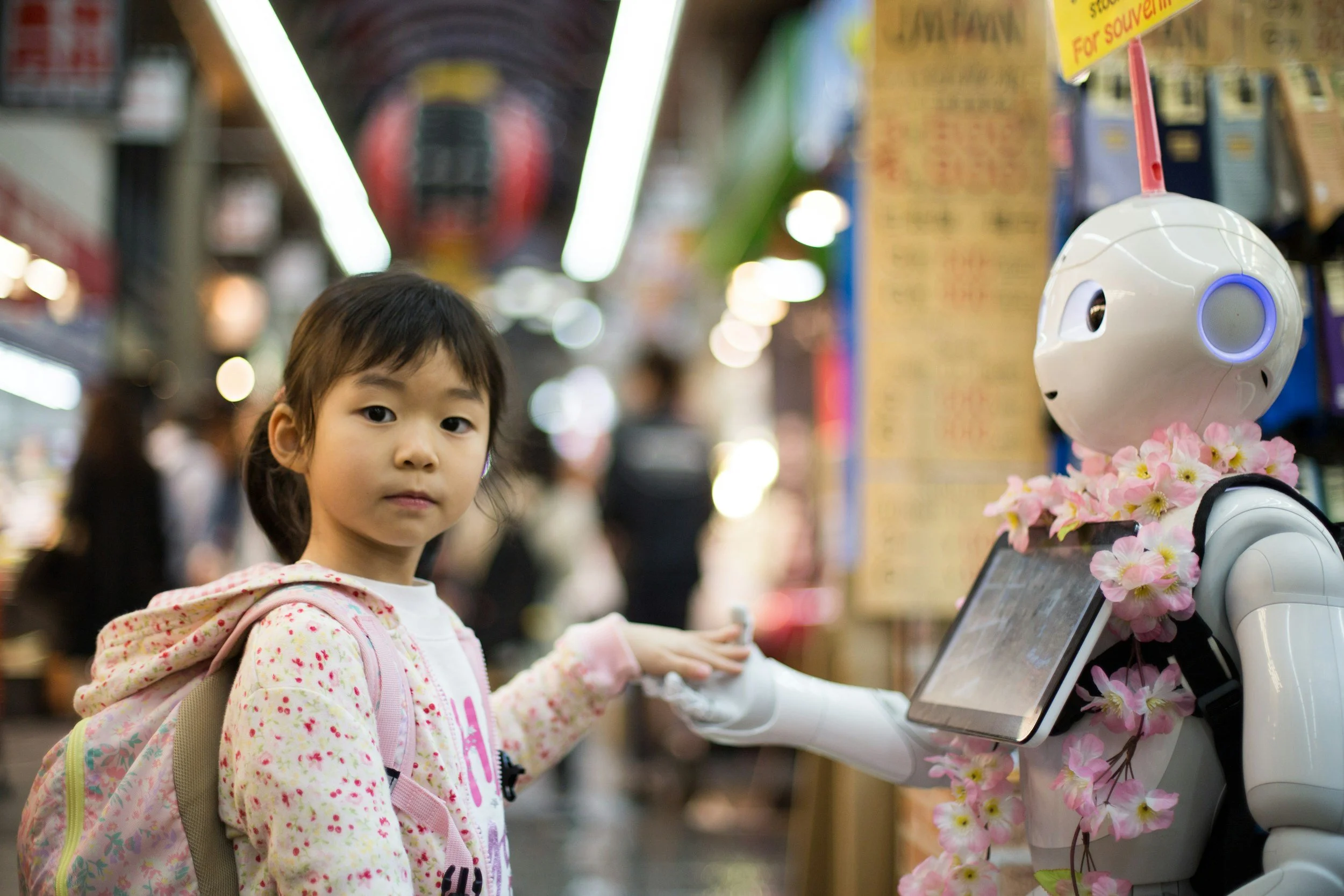Artificial Intelligence
Accelerating AI for Impact
The Next Generation of AI
Accel.AI was founded in September of 2016, our mission is to drive artificial intelligence for impact initiatives. We focus on integrating AI and impact through research, consulting, and workshops, on ethical AI development and applied AI engineering.
Our target audience includes underrepresented groups, tech companies, startups, large corporations, government entities, and educating individuals experiencing job loss due to automation.
We work with companies, professionals, and students around the world.



AI Research & Engineering
Accel.AI research services involve conducting systematic investigations, experiments, and analyses to expand knowledge, explore new frontiers, and address scientific and ethical questions to create a global impact. We offer these services in partnership with research organizations, academic institutions, or specialized scientific consulting firms.
Read our publicly available research articles — PUBLICATIONS.
AI Program Review
AI Expertise
Health Technology
Artificial Intelligence (AI) has significantly transformed the health tech industry by enhancing the way healthcare services are delivered. From streamlining administrative tasks to improving diagnostic accuracy, AI has shown promising results in revolutionizing patient care. Machine learning algorithms can analyze vast amounts of medical data to provide insights for personalized treatment plans, early disease detection, and medication optimization. Additionally, AI-powered tools enable healthcare professionals to make data-driven decisions, leading to more efficient operations and improved outcomes for patients. As AI continues to advance, its integration into health tech is expected to continue improving healthcare accessibility, efficiency, and effectiveness.
Environmental Conservation
AI is increasingly being utilized in environmental conservation efforts to address various challenges. AI algorithms are used to improve alternative energy sources, analyze satellite imagery for deforestation detection, biodiversity mapping, endangered species tracking, and habitat restoration planning. By leveraging AI, conservationists are able to gather and analyze large amounts of data more efficiently, leading to more effective conservation interventions and sustainable environmental management practices.
Social Science
AI is increasingly being used in social science to analyze large amounts of data and uncover patterns that can help researchers understand human behavior and societal trends. Machine learning algorithms can process vast datasets to identify correlations and make predictions, enabling social scientists to gain insights that were previously unattainable. By leveraging AI, researchers can study human interactions on social media platforms, analyze survey responses, and even predict outcomes in areas such as public health or economics. This intersection of AI and social science opens up new opportunities for interdisciplinary research and deeper understanding of complex social phenomena.
AI Networks
"AI can be used to solve the world’s greatest problems."
— Laura N. Montoya, CEO



